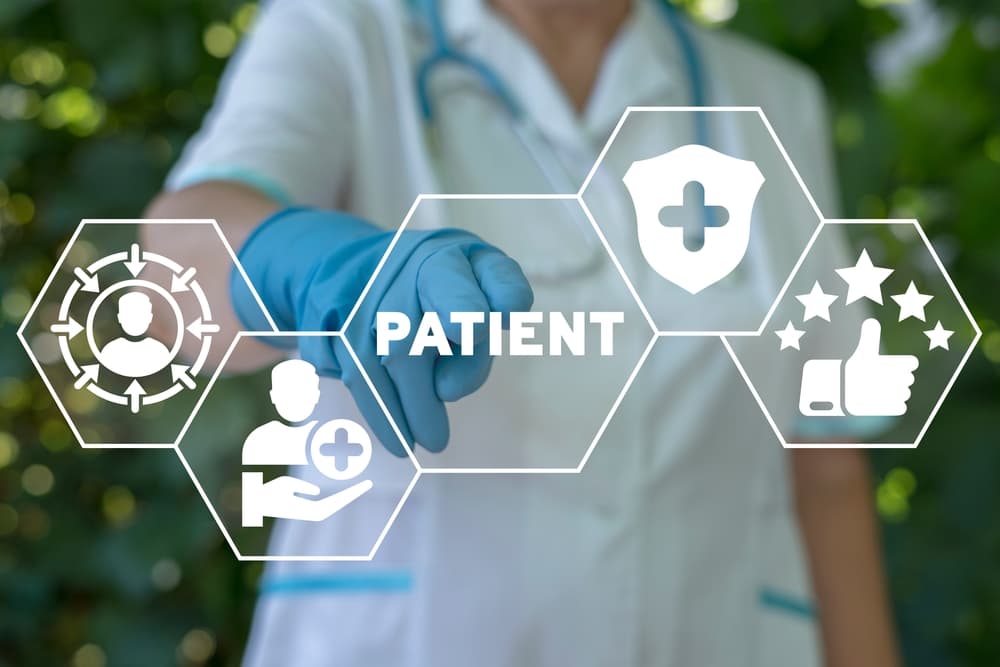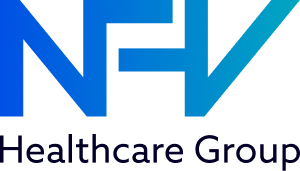Effective revenue management is crucial to maintaining a healthcare institution’s financial health. Revenue Cycle Management (RCM) covers vital financial processes from patient registration and insurance verification to claim submission and reimbursement. While RCM is primarily associated with financial operations, its impact extends beyond financial operations, directly influencing the patient experience and overall healthcare outcomes.
This blog will delve into the connection between revenue cycle management and patient care. Additionally, we will analyze how effective RCM practices can enhance the quality of care provided to patients.
What Is Revenue Cycle Management?
Revenue cycle management (RCM) consists of managing a healthcare organization’s financial inflows and outflows related to patient care. It involves a series of interconnected steps, beginning with patient registration and ending with the collection of payments. Efficient RCM ensures accurate medical coding, timely billing, and streamlined patient revenue collection. It enables healthcare providers to maintain financial stability and reinvest in patient care.
The Connection Between RCM and Patient Care

RCM and patient care are closely connected, as the efficiency of RCM processes directly impacts patient care quality. A well-managed RCM system simplifies administrative tasks, freeing healthcare providers to focus on delivering quality care. Conversely, inefficient RCM practices can lead to delays in treatment and financial strain on providers, ultimately compromising patient care.
Benefits of Effective Revenue Cycle Management for Patient Care
The benefits of effective healthcare revenue cycle management extend far beyond financial gains. They directly impact patient care in several ways:
- Faster Access to Services
A well-organized RCM process results in quicker patient registration and insurance coverage verification, reducing administrative delays. Patients can access services more rapidly, leading to timely diagnosis and treatment. For individuals seeking urgent medical attention, this can be a matter of life and death. Moreover, shorter waiting times improve patient satisfaction, as their needs are addressed promptly.
- Enhanced Patient Experience
A streamlined RCM process is also conducive to an improved patient experience. Patients encountering fewer billing and administrative errors experience less frustration and anxiety. They can focus on their health and recovery rather than worrying about complex billing issues. A positive patient experience is associated with better health outcomes and patient loyalty, furthering the institution’s reputation and profitability.

- Improved Staffing and Resource Allocation
Optimized RCM helps healthcare institutions allocate their staff and resources more efficiently. By reducing the administrative burden of billing and claims processing, medical practices can reallocate personnel to clinical roles. This results in a favorable staff-to-patient ratio, enabling healthcare professionals to deliver more attentive and comprehensive care.
- Access to Advanced Technologies and Treatments
Robust revenue cycle management can significantly impact a healthcare institution’s ability to invest in advanced technologies and treatments. With an optimized revenue stream, providers have the financial capacity to acquire advanced medical equipment and offer innovative treatment options. This leads to better patient care by providing access to cutting-edge healthcare solutions and improving overall outcomes.

Collaboration: RCM and Healthcare Providers
To fully leverage Revenue Cycle Management in enhancing patient care, healthcare providers can collaborate with RCM professionals or agencies. This collaboration is essential for the seamless integration of financial processes with clinical care and involves:
- Clear communication of patient care goals and priorities: Healthcare providers should articulate patient care objectives to RCM teams, ensuring that RCM strategies align with overall care goals.
- Regular data sharing and analysis: Healthcare providers should provide RCM teams access to relevant patient data. This allows them to identify areas for improvement in RCM processes and their impact on patient care.
- Joint performance evaluation: Healthcare providers and RCM teams should collaborate on setting performance metrics. Additionally, they should regularly evaluate the effectiveness of RCM processes in improving patient care outcomes.
Technology and Innovation in RCM

Revenue Cycle Management has evolved significantly over the years thanks to technological advancements. Innovative RCM software and tools have made the process more efficient, accurate, and transparent. These technological enhancements are instrumental in improving patient care and can include:
- Automation: Automated workflows and processes play a crucial role in modern organizations by reducing the need for manual intervention. This not only minimizes errors but also significantly improves overall operational efficiency. Automating tasks and streamlining processes helps businesses save time and resources, enabling employees to focus on strategic activities.
- Data Analytics: Advanced data analytics tools offer many benefits by providing valuable insights into revenue cycle performance. With these tools, providers can delve into their financial data, identifying specific areas for improvement and optimizing their strategies. Advanced analytics allows providers to make data-driven decisions that improve revenue outcomes and operational efficiency.
- Patient Engagement Platforms: Patient engagement platforms allow healthcare providers to interact with patients throughout the care process, from pre-appointment communication to post-treatment follow-ups. These platforms facilitate seamless communication and transparency between patients and providers, improving patient satisfaction and outcomes.
By leveraging these technological advancements, healthcare providers can achieve greater efficiency, accuracy, and transparency in their RCM processes, ultimately contributing to improved patient care.

Elevate Your Patient Care with Revenue Cycle Support (RCS) Solutions
Effective revenue cycle management is more than a financial exercise; it’s a strategic tool that greatly impacts patient care. By optimizing RCM processes, healthcare providers can enhance patient access, improve the patient experience, and allocate resources effectively, leading to better healthcare outcomes.
NFV Healthcare Group offers comprehensive Revenue Cycle Support (RCS) solutions to help healthcare providers achieve these goals. Our team of experienced professionals is well-versed in the various facility systems within the healthcare industry. By entrusting us with your revenue cycle support, rest assured that your financial operations are in capable hands. We can support you in maintaining profitability and delivering quality patient care.
Contact us today to discover how our RCS solutions can transform your RCM and enhance your patient care initiatives.

